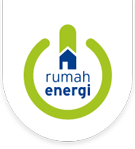Driving Dairy Cooperative Modernization: Collaboration for Empowered Farmers
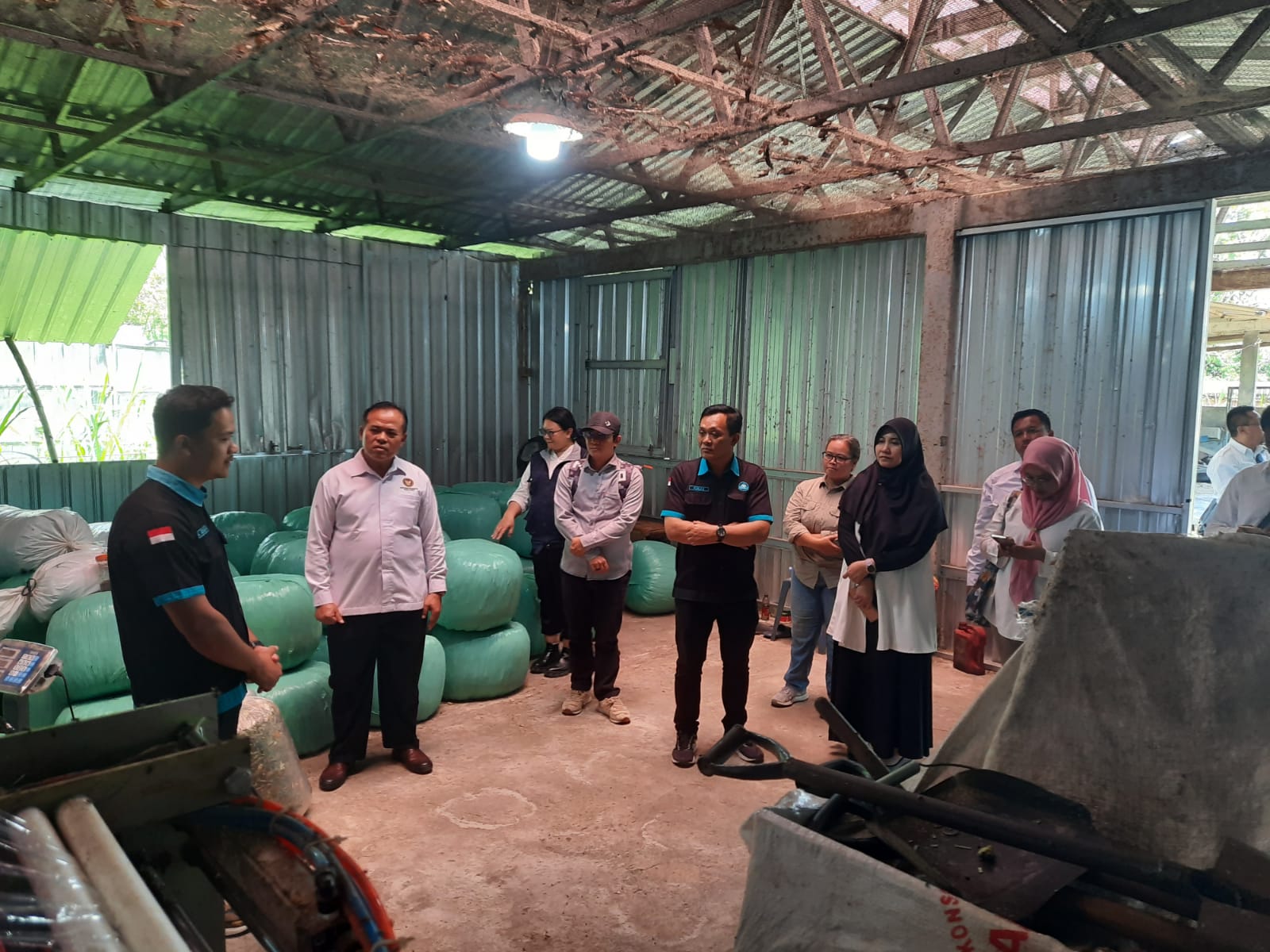
Representatives from the Coordinating Ministry for Food Affairs (Kemenko Pangan) visited Koperasi Samesta on October 6, 2025. During the visit, the Ministry commended Samesta’s contribution to strengthening food self-sufficiency through its dairy business. The Ministry also encouraged stronger synergy between cooperatives and government initiatives such as the Koperasi Desa Merah Putih (KDMP) and Makan Bergizi Gratis (MBG) programs. In addition, Kemenko Pangan emphasized the importance of nurturing young farmers as the key to sustaining Indonesia’s livestock industry.
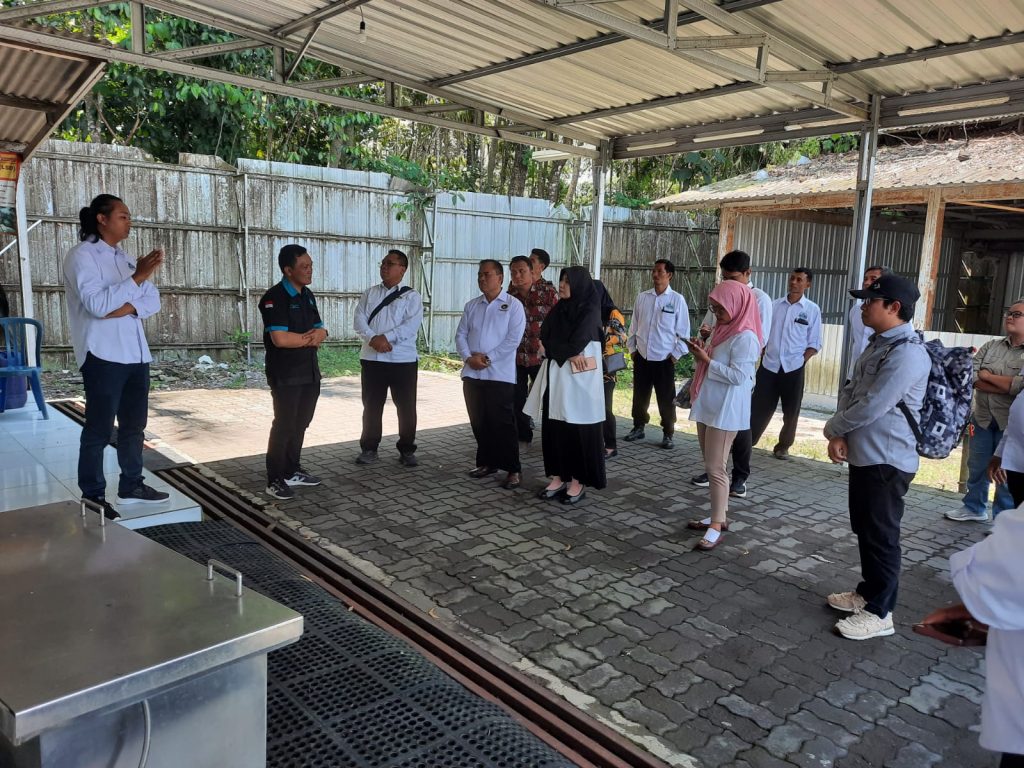
As part of the visit, a Focus Group Discussion (FGD) was held in Yogyakarta involving government representatives, academics, financial institutions, and dairy cooperatives. The forum served as a vital platform to discuss the direction of Indonesia’s dairy sector modernization while reinforcing cooperatives as the economic backbone of local farmers.
In his remarks, Assistant Deputy of Kemenko Pangan Mr. Karsa underscored the urgency of modernizing Indonesia’s dairy business. He highlighted three strategic priorities being advanced by the government: modernizing dairy farming, promoting school milk programs, and strengthening the national dairy processing industry. These initiatives aim not only to enhance the milk value chain but also to improve farmers’ livelihoods at the grassroots level.
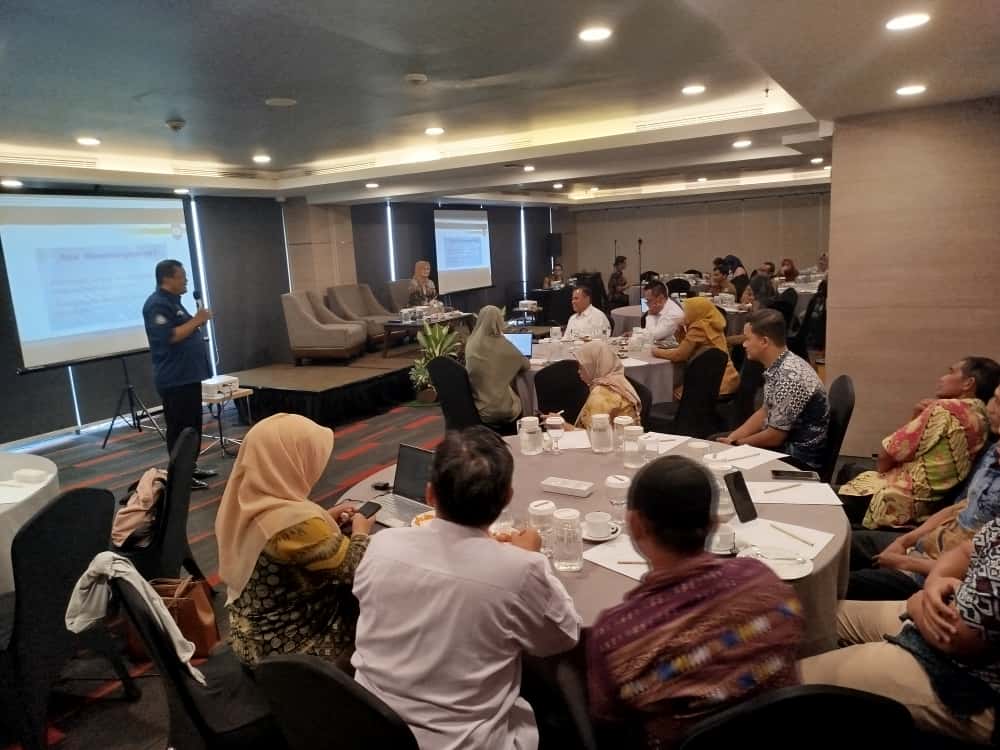
Meanwhile, Professor Ali Agus from Gadjah Mada University, who also serves as an expert advisor to the Minister, reaffirmed that cooperatives embody the spirit of mutual cooperation — the core strength of farmers. He cited New Zealand’s Fonterra as a model demonstrating how cooperatives can become global players when built upon shared vision and professional governance. Prof. Ali also encouraged the establishment of a secondary cooperative in Yogyakarta to allow primary cooperatives to focus on their core businesses without competing over feed supply or supporting services.
The Head of the Yogyakarta Cooperative Agency highlighted the need for stronger management and organizational health. He introduced the Klinik Koperasi application — a digital tool designed to help monitor cooperative performance and ensure transparency in governance. Cooperatives such as Samesta and PPKDY were recognized as examples of significant progress, showing that cooperatives can thrive when managed with sound business principles.
From the financial sector, representatives from Bank BRI pointed out a persistent challenge: many farmers still lack digital financial recordkeeping, which is crucial for accessing credit. BRI encouraged cooperatives to act as intermediaries, helping farmers access Kredit Usaha Rakyat (KUR) and other financing schemes. The bank also urged milk payments to be made via bank transfers, ensuring that farmers build transaction histories that can strengthen their future credit eligibility.
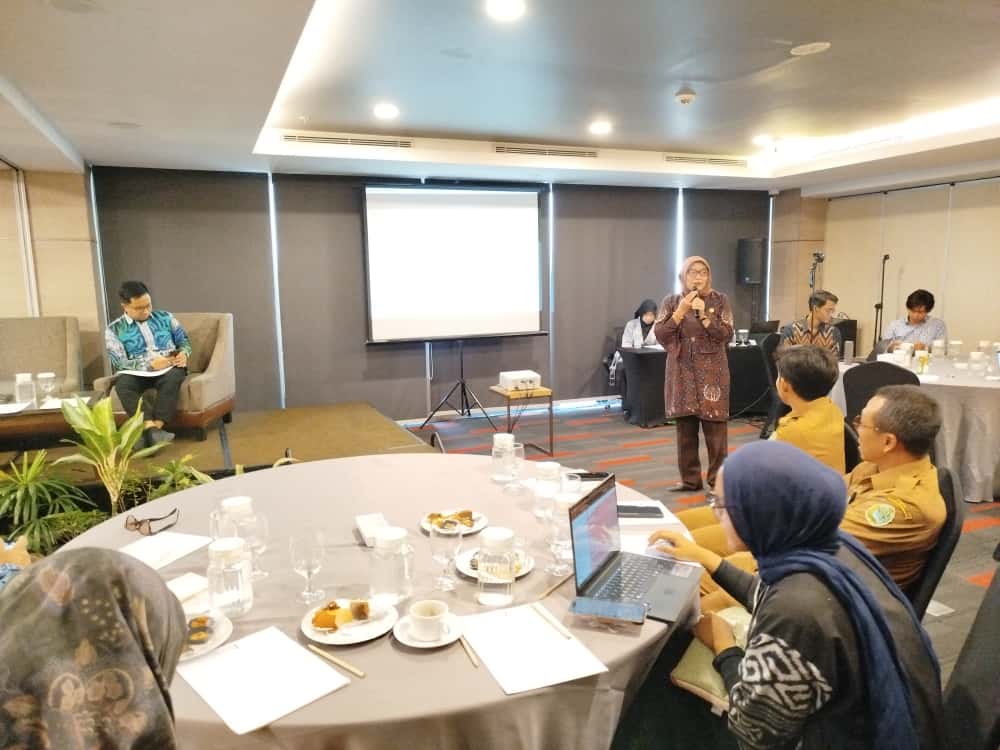
The FGD concluded with several key recommendations, including continuous mentoring to help farmers lower milk production costs, expanding access to credit through the Productive Investment Financing (PIP) program with a low 4% annual interest rate, and integrating cooperative tax payments into the national system. Participants also agreed to support the formation of a secondary cooperative in Yogyakarta and to oversee the importation process of cattle by Koperasi Samesta in coordination with the Ministry of Agriculture.
Prof. Ali Agus closed the session by acknowledging the valuable support provided by SGM and Danone in strengthening cooperative management and capacity building. He emphasized that such collaborations are essential for sustaining the growth of Indonesia’s dairy ecosystem.
Cross-sector initiatives like this FGD exemplify the spirit of Indonesia Berdaya — a collective movement toward community empowerment through collaboration, innovation, and local synergy. When cooperatives, government, academia, and financial institutions work hand in hand to strengthen food and energy ecosystems, they are not only building economic resilience but also reinforcing community sovereignty. Because an empowered Indonesia grows from resilient farmers, healthy cooperatives, and systems that strengthen one another.
Written by: FRESH Project Team
Edited: Fauzan Ramadhan
